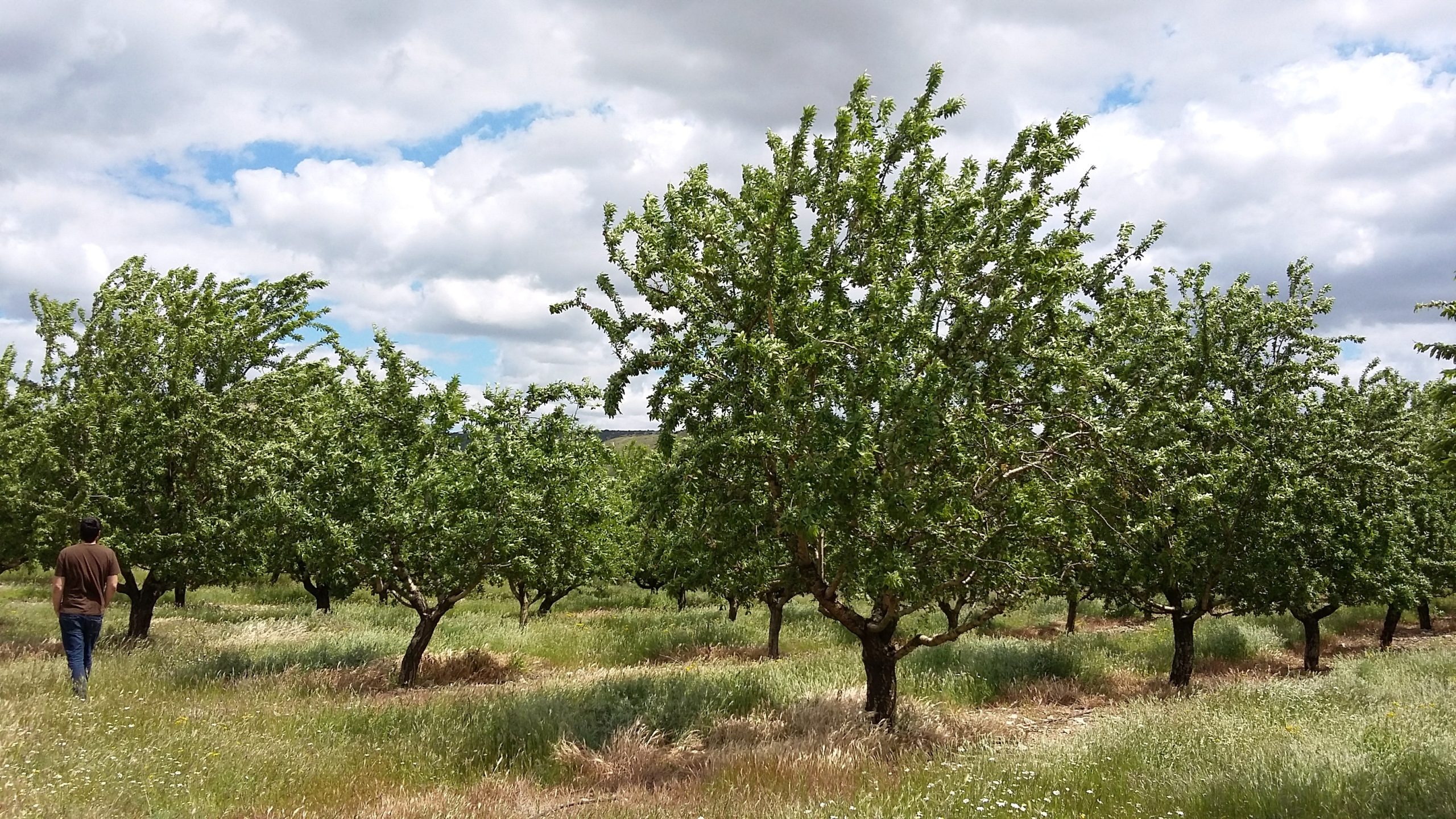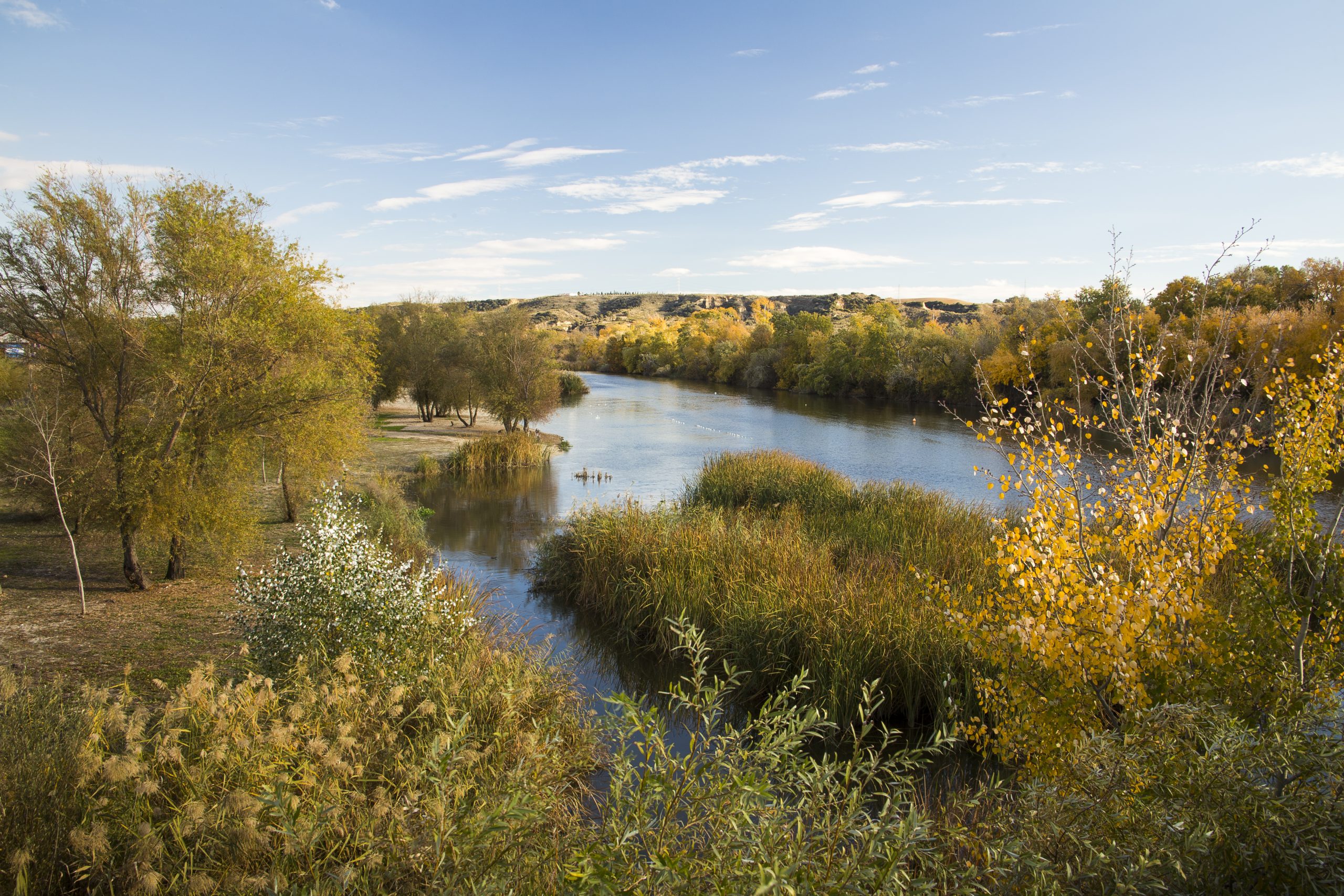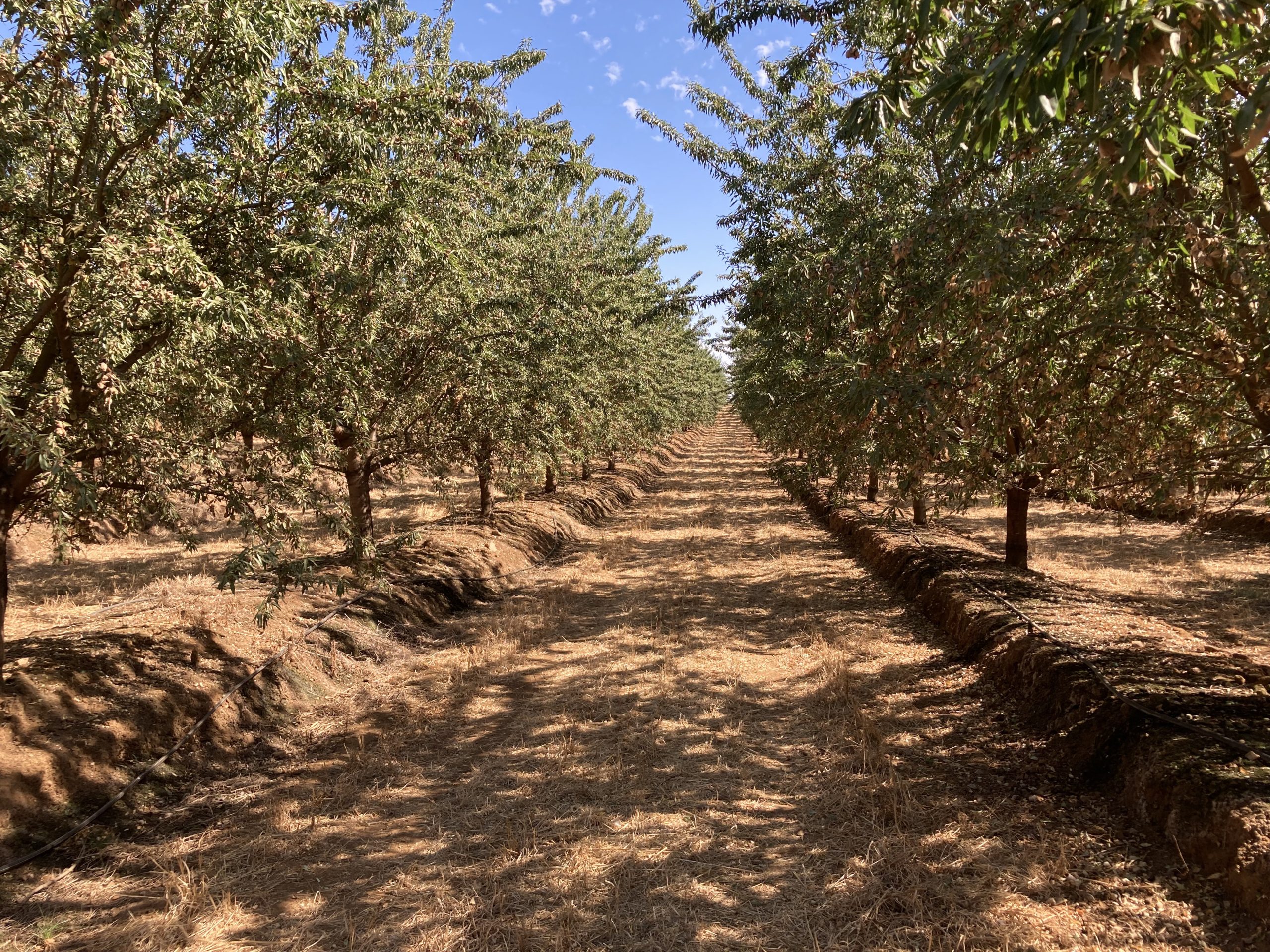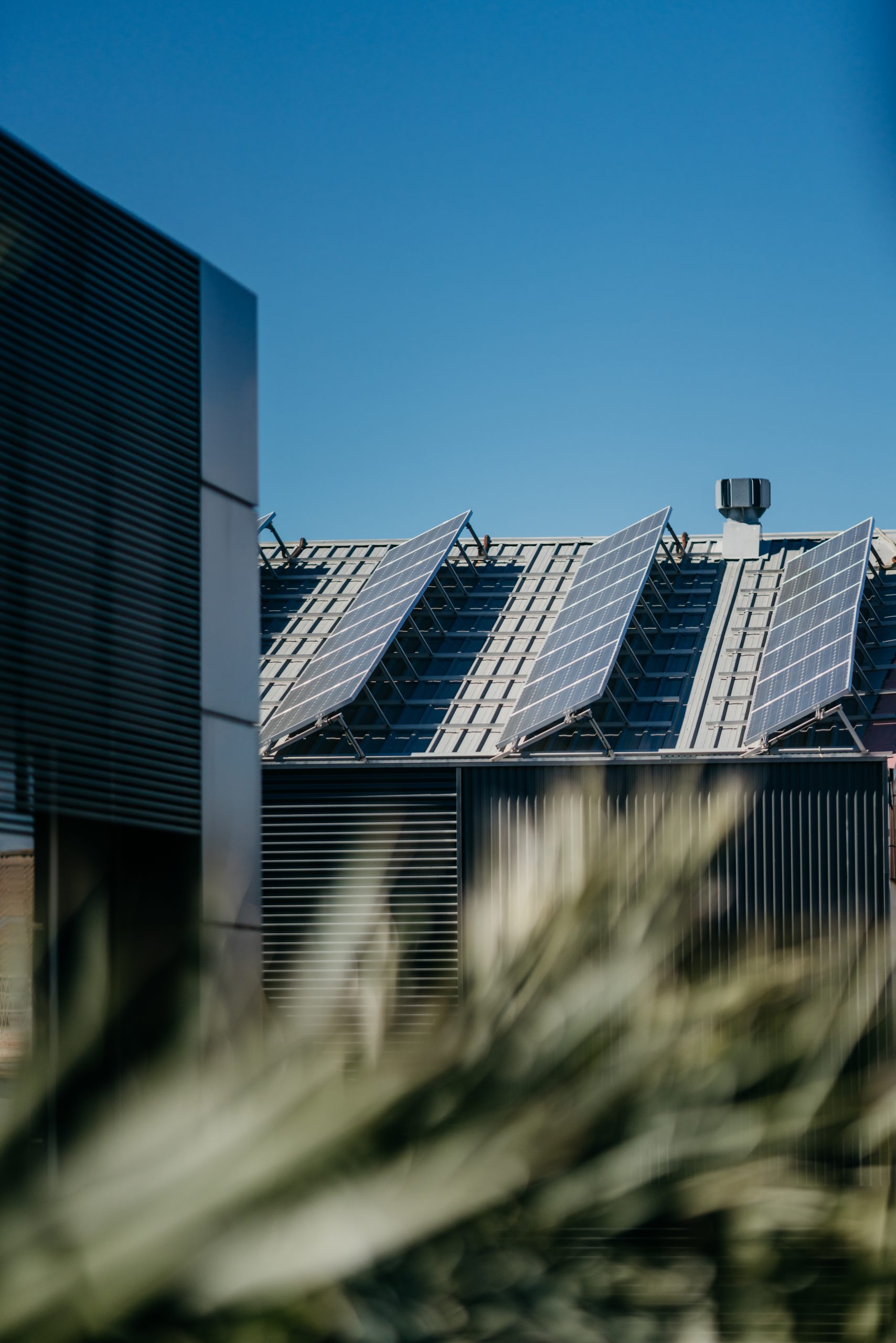We apply best practices in sustainability and biodiversity protection. We cover crops with ecosystem flora, manage pests and implement integrated production practices. We are FSA and Global GAP 5.2 certified.
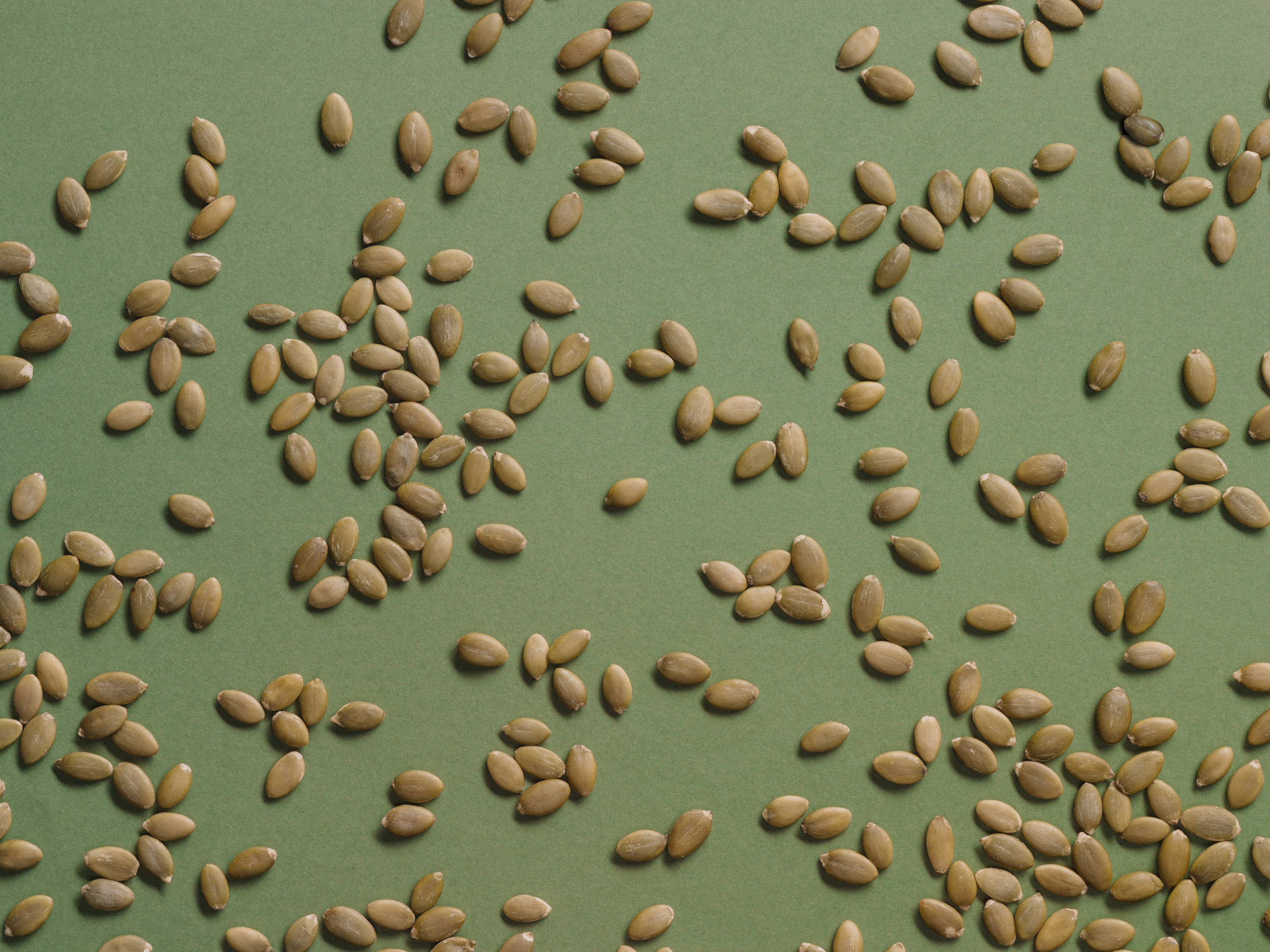
Our positive impact on the planet
We are committed to reducing our ecological footprint, protecting the environment, and contributing to the sustainable progress of society. To achieve this, we strive to promote proactive and forward-looking leadership.
Environmental Policy
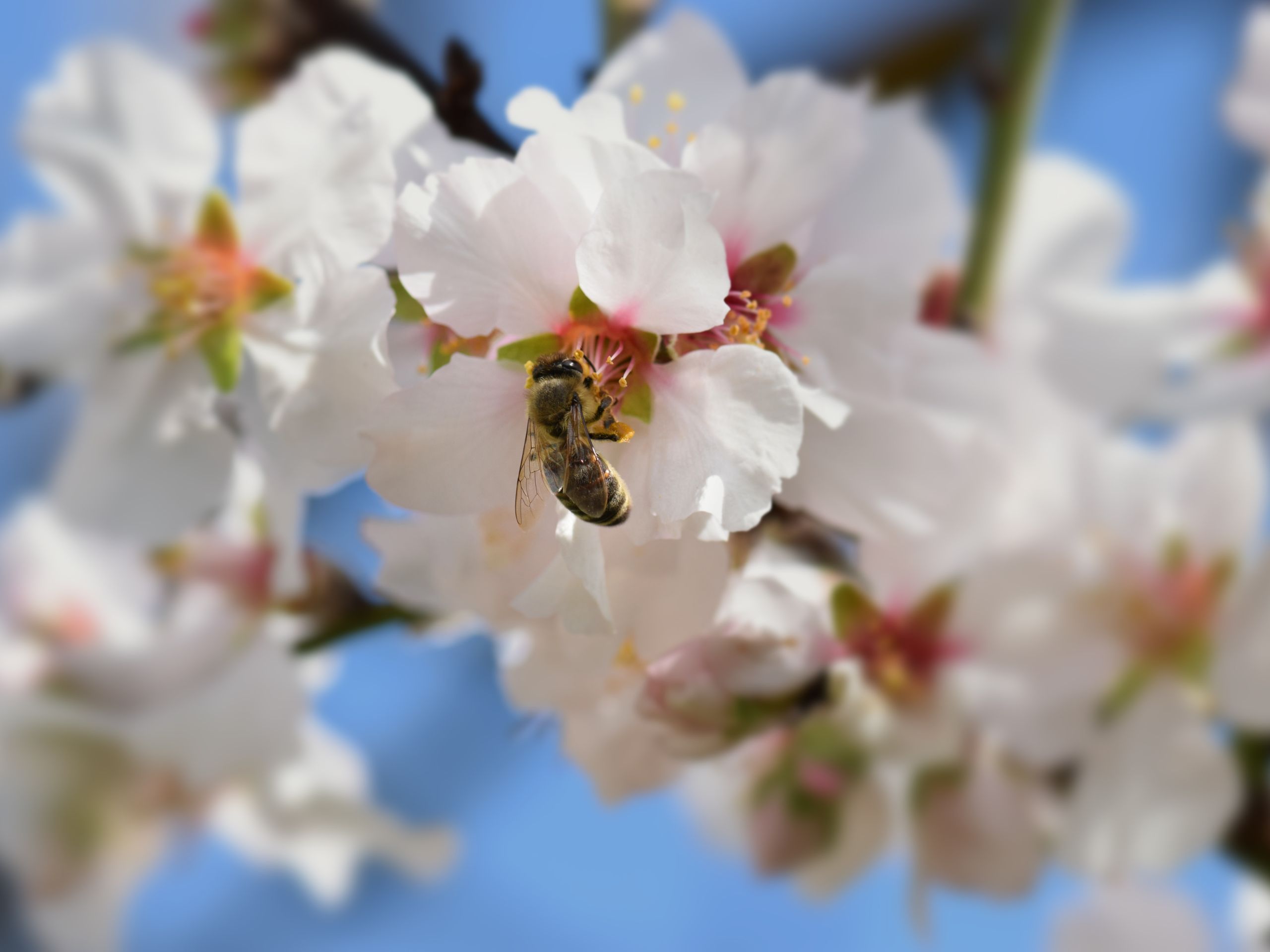
2025- Reduce our emissions by 25% in Scope 1 and 2 compared to 2023.
2025- Reduce energy consumption at our production sites by 20% compared to 2023.
2025- Make 20% of the electricity consumed in our production plants come from self-consumption.
2030- Achieve Zero Net Emissions in Scope 1 and 2, reducing our environmental footprint as much as possible.
We are committed to the circular economy, promoting the recycling of materials and the optimisation of production processes.
In 2023, we continue to improve the composition of plastic packaging to make it easier to recycle. Our goal is to reach 100% recyclable, reusable or compostable packaging by 2025. To achieve this, we are conducting studies on the recyclability of flexible materials and researching how to improve the composition of packaging. This allows us to ensure the highest levels of food safety and sustainable use of materials, two concepts that we believe are perfectly compatible.
Through our Zero Waste policy, every year we manage to revalue more than 5,000 tonnes of waste into energy and materials such as cardboard and plastic. By doing this, we maximise the value of raw materials, save energy and reduce greenhouse gas emissions. We have Zero Waste certification at numerous production sites by implementing methods to reduce the use of resources, as well as recovering and recycling them to achieve proper disposal of non-reusable waste.
We are committed to preventing food waste throughout its useful life through improvements in industrial processes and collaboration with various social organisations. To achieve this, our lines of action include improving processes and guaranteeing their stability, as well as optimising our value chain to avoid waste and redistribute unconsumed food. Eliminating food waste is a way of contributing to reducing malnutrition and the consumption of natural resources.

It is vital to move towards responsible water use
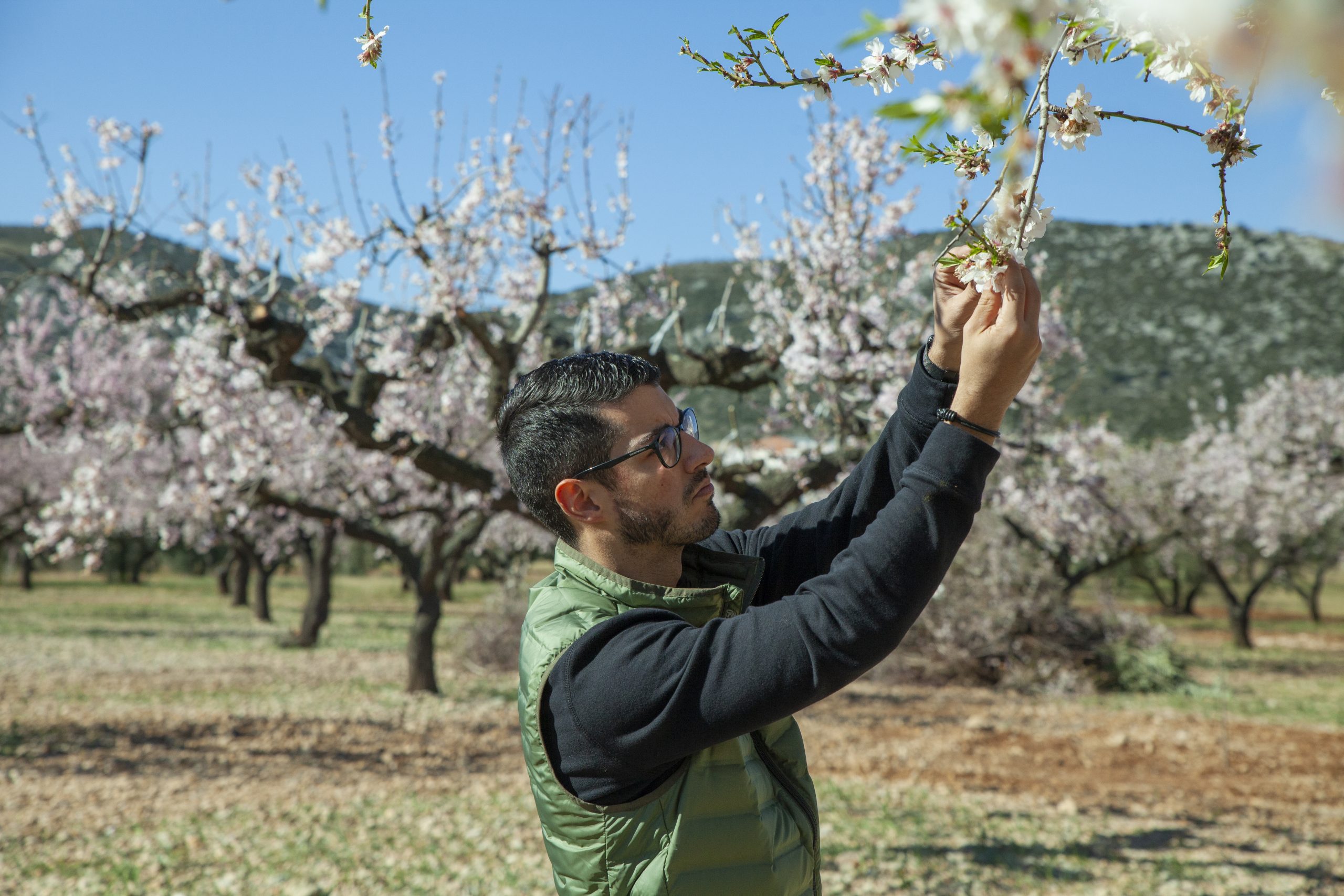
Protecting soil
We have a programme that includes applying regenerative agricultural practices to protect soil fertility, reduce soil erosion, increase organic matter, and prevent soil degradation using conservation techniques. We encourage crop rotation and cover crops based on leguminous plants to reduce the use of fertilisers. Healthy soil is essential to achieve a quality harvest and achieve our climate goals.
Protecting biodiversity
At Importaco we apply integrated pest management techniques, respecting the insect fauna that favours the biological control of pests. We also use manual systems for eliminating weeds and we generate protection systems for the existing fauna, such as bird drinking fountains or refuge areas. Maintaining high levels of biodiversity has positive effects for agriculture and is essential to achieve the biological balance of ecosystems and guarantee their future and survival.
Sustainable water use
Nut and dried fruits are both irrigated and rainfed crops. In both cases, appropriate water use is essential. We apply techniques for efficient water use such as drip irrigation, the implementation of systems to prevent moisture loss, the installation of elements that allow the reuse and storage of water, and the optimisation of irrigation to reduce water consumption thanks to collaboration with farmers.
Adapting to climate change
Agriculture is one of the sectors most affected by climate change due to elements such as changing rainfall patterns or desertification. That is why, as part of our programme, we apply regenerative agricultural practices, such as conservation agriculture, to prevent erosion and desertification. We also continually evaluate new cultivation areas and study the use of new varieties adapted to today’s climatic conditions.
